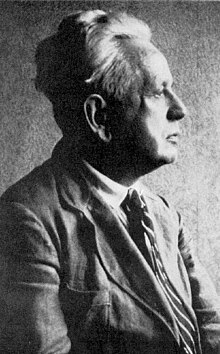a transcendental is something that is, or not a thing, of course, but it's very well known and it has been well known for a very long time.
-
for: Kant's transcendental - in history, quote, quote - Upanishad, quote - Ernst Cassirer, quote - Michel Henry, quote - Giovanni Gentile, quote Edmund Husserl
-
paraphrase
- The transcendental cannot be an objective thought but is the condition for any objective thought
- Brihadaranyaka Upanishad
- Kant's transcendental is equivalent to the Braham
- it is never seen but is a seer
- it is never heard but is a hearer
- it is never thought but is the thinker
- it is never known but is the knower
- it is the source of things and the source of knowledge
- Kant's transcendental is equivalent to the Braham
- Ernst Cassirer
- Consciousness is a goal to which knowledge turns its back
- Michel Henry Consciousness cannot be shown, for it is the power to show.
- Giovanni Gentile
- Edmund Husserl
- transcendental turn
- the world is a sense for the transcendental ego
- the transcendental ego is presupposed by the senses
- transcendental turn
